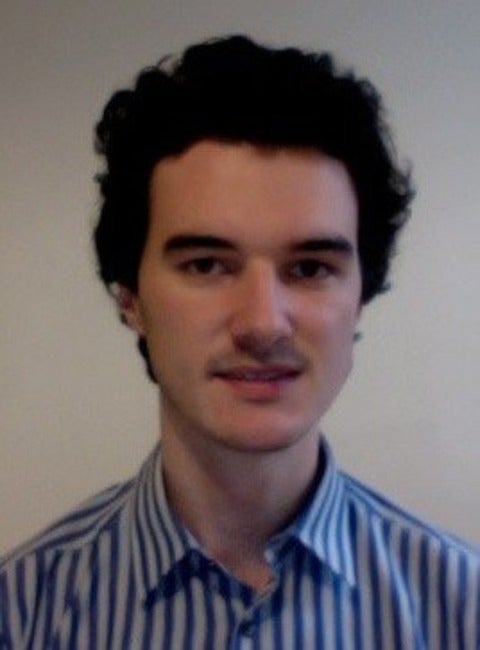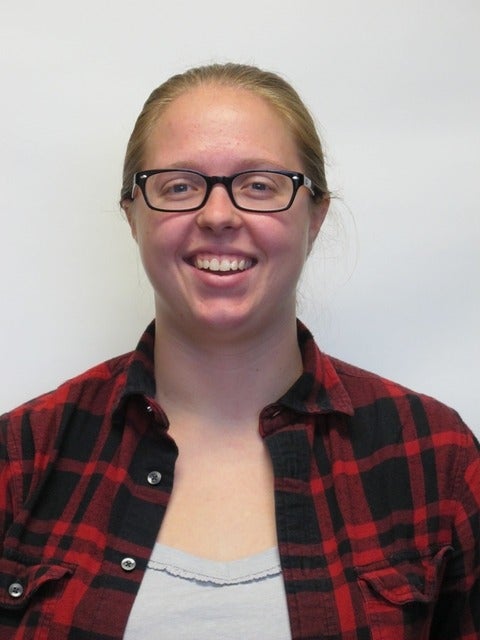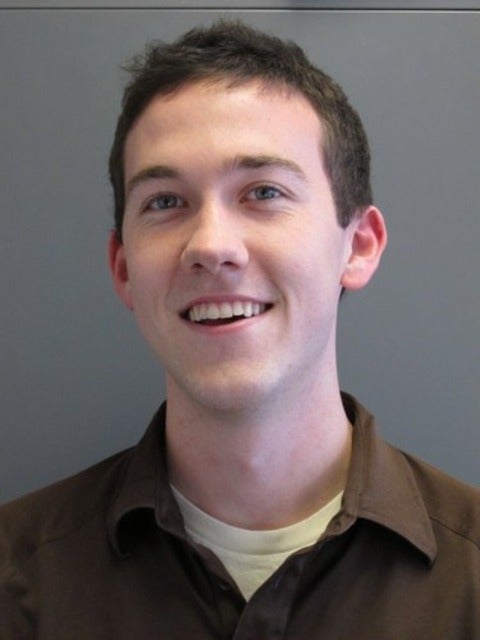Colloquium: Ken Brown
Error Models and Error Thresholds
Ken Brown, Georgia Tech
The error threshold for fault-tolerant quantum computation depends
strongly on the error model. Most calculations assume a depolarizing
model, which allows for efficient calculations based on random
applications of Pauli errors. We have been exploring how the
threshold changes for both non-unital and coherent operations. I will

 Tomas Jochym-O'connor of the Department of Physics and Astronomy is defending his thesis:
Tomas Jochym-O'connor of the Department of Physics and Astronomy is defending his thesis:
 Sarah Kaiser of the Department of Physics and Astronomy will be defending her thesis:
Sarah Kaiser of the Department of Physics and Astronomy will be defending her thesis:
 Kent Fisher of the Department of Physics and Astronomy is defending his thesis:
Kent Fisher of the Department of Physics and Astronomy is defending his thesis: